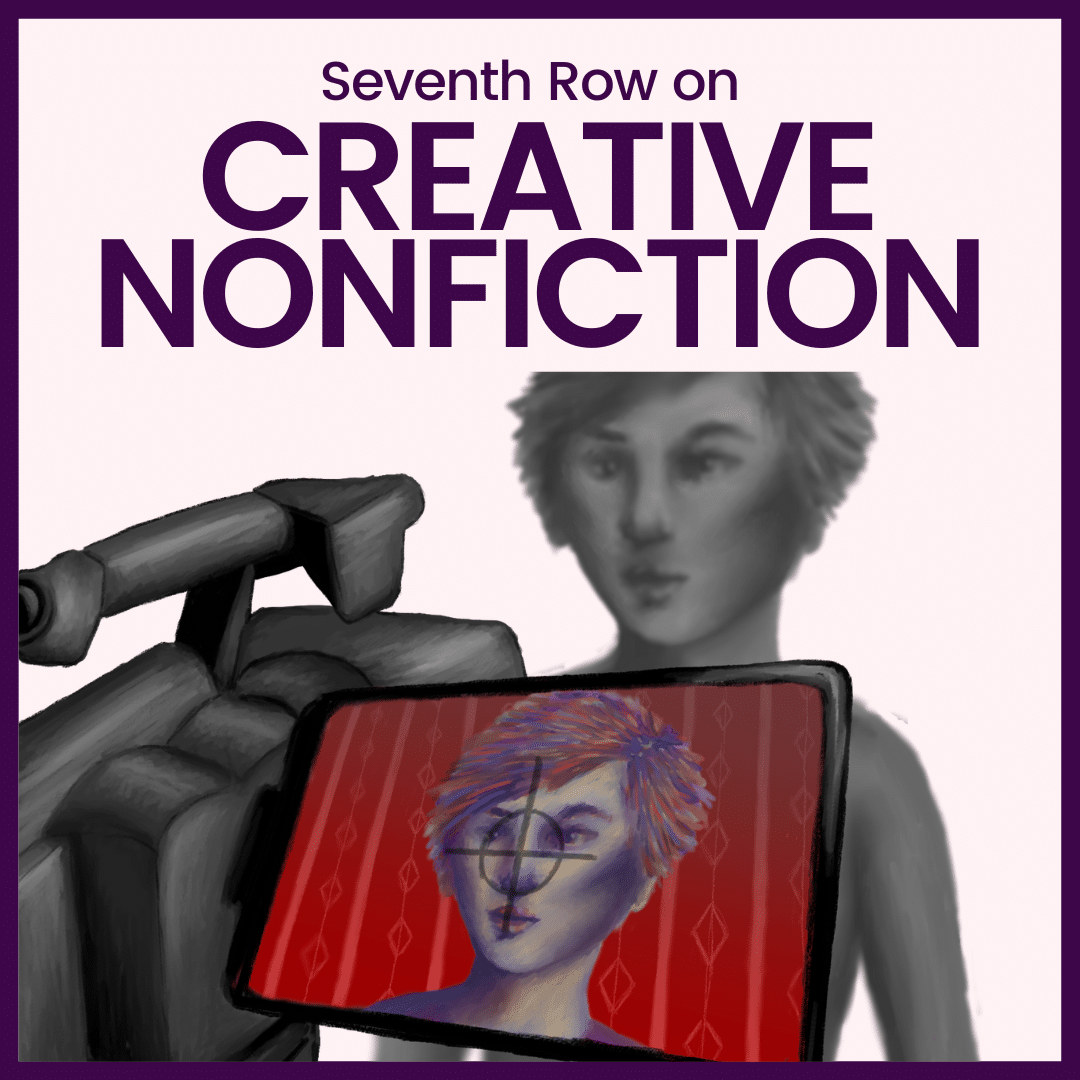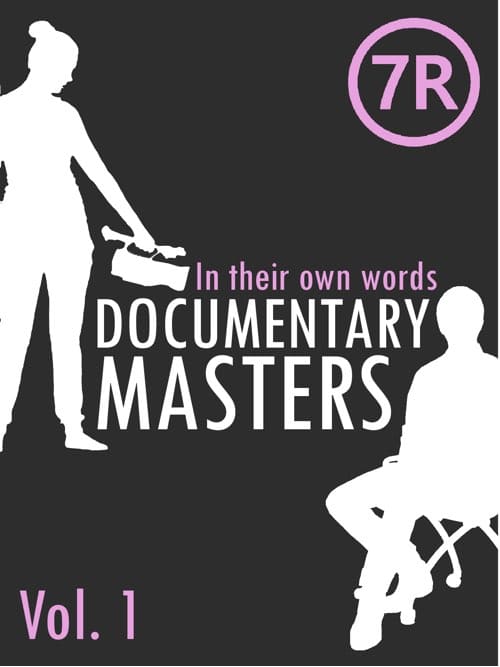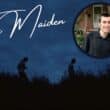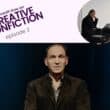In the first episode of our Creative Nonfiction Film podcast season, Alex Heeney previews what to expect this season and discusses what is creative nonfiction film.
Don’t miss a single episode.
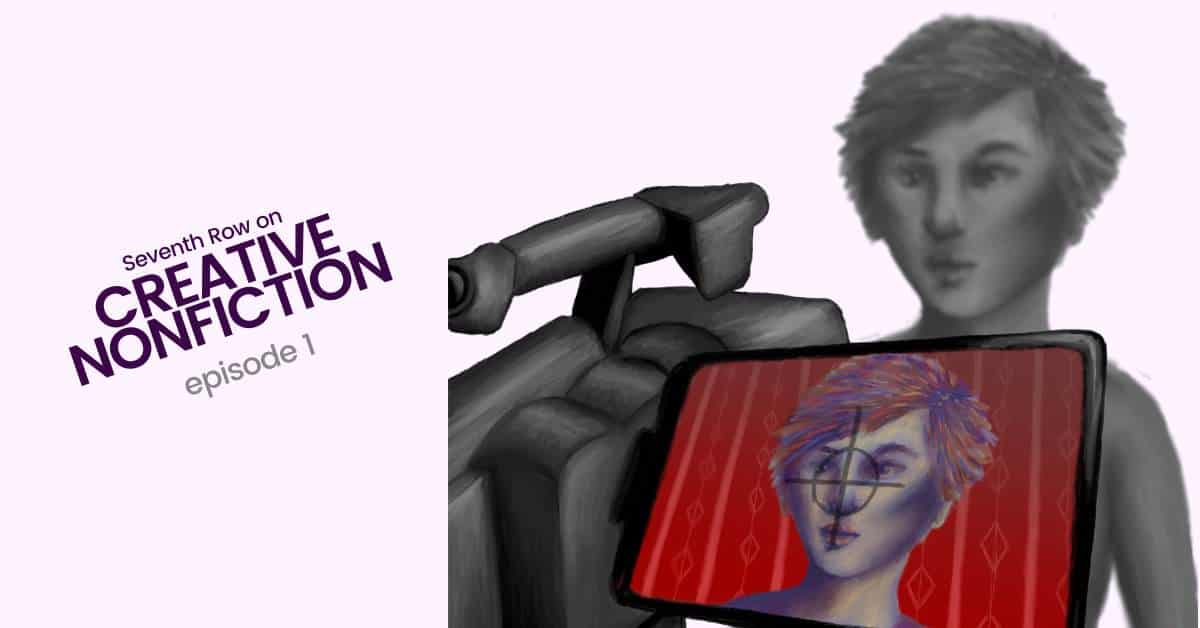
Listen to the whole Creative Nonfiction season
In this 5-episode podcast season, Alex Heeney interviews four creative nonfiction filmmakers about their latest films and how they are pushing the boundaries of what documentary and nonfiction film can be.
Listen to all the episodes to discover how filmmakers are pushing the bounds of documentary cinema in 2023.
Show Notes for Creative Nonfiction Podcast Season Ep. 1
- Watch our masterclass on Creative Nonfiction with Carol Nguyen and Penny Lane
- Get the tote bag with the Céline Sciamma quote “Cinema is the only art form ever where you share somebody else’s loneliness”
- Get your copy of the ebook Subjective Realities
- Get your copy of the ebook In their own words: Documentary Masters vol. 1
- Discover more Seventh Row writing on creative nonfiction film
- Become a member to listen to our entire archive of podcasts, including our past episodes in which we discuss creative nonfiction films.
Get our ebooks on documentary filmmaking and creative nonfiction film
Dive deep into the work of Frederick Wiseman and Gianfranco Rosi and read our initial interview with Penny Lane on creative nonfiction by getting Documentary Masters in a bundle with Subjective Realities: The art of creative nonfiction film.
Download a FREE excerpt from Subjective Realities here.
Never miss an episode again. Become a member.
The Seventh Row Podcast spotlights under-the-radar, female-directed, and foreign films. All of our episodes are carefully curated. Indeed, we only discuss films we think are really worth your time and deserve in-depth critical analysis.
Our episodes that are more than six months old are only available to members. In addition, many of our new episodes are for members only.
For exclusive access to all of our episodes, including all of our in-between season episodes, become a member.
Related Episodes
- Ep. 99: Creative Nonfiction with Penny Lane and Carol Nguyen
- Sundance 2023 Ep. 7: Best of the fest + documentaries Fantastic Machine, Is There Anybody Out There, and more
- Ep. 123: Sundance 2022: Creative Nonfiction
- Ep. 67 (Members Only): Frederick Wiseman’s Ex Libris and City Hall
- Ep. 95 (Members Only): No Ordinary Man and John Ware Reclaimed: Reclaiming history in documentary
Listen to all the related episodes. Become a member.
All of our episodes that are more than six months old are only available to members. Additionally, we have many bonus episodes and in-between season episodes which are also only available to members.
For exclusive access to all of our episodes:
Credits
Host Alex Heeney is the Editor-in-Chief of Seventh Row. Find her on Twitter @bwestcineaste.
This episode was edited, produced, and recorded by Alex Heeney.
Episode transcript
The transcript for the free excerpt of this episode was AI-generated by Otter.ai.
[fusebox_transcript]
